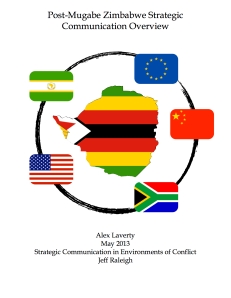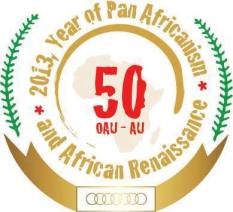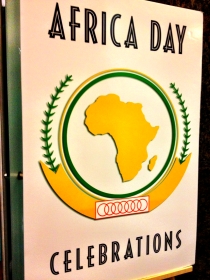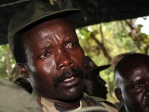Project Overview
To anticipate the eventual change of leadership in Zimbabwe this document has been created for communicators and foreign policy analysts as a predictive tool for how the different external stakeholders will go about using strategic communication to complement  their diplomatic missions in Zimbabwe. A document based on prognostication means there are certainly gaps in understanding and predicting how humans will drive interactions. However, using a theoretical framework from the discipline of International Relations will provide guidance on constructing this forecast. Of course, not every actor is welded to a particular theory of IR, and thus below is a starting point for analysis, not the end.
their diplomatic missions in Zimbabwe. A document based on prognostication means there are certainly gaps in understanding and predicting how humans will drive interactions. However, using a theoretical framework from the discipline of International Relations will provide guidance on constructing this forecast. Of course, not every actor is welded to a particular theory of IR, and thus below is a starting point for analysis, not the end.
The document has been divided in three different possible scenarios that could see Robert Mugabe leave office: an election, a military coup, and his death. Each scenario is broken into the actions taken by each external actor engaged with Zimbabwe: the African Union, China, the European Union, South Africa, and the United States. For each scenario the goals, strategies, and tactics for each country are outlined, leading to where each country would target their message. Some focus on the people of Zimbabwe, the military, or the other countries in the region. For each target, the message is determined by the set of objectives each country is trying to achieve in the post-Mugabe Zimbabwe. While some covert or diplomatic action is specified, the aim of this document is to predict the public diplomacy or overt strategic communication each actor takes towards its targets. The last piece of each country’s communication plan is the way the actor will engage or react to the actions of the other 5 international entities. This is to account for the fact that no communication plan exists in a vacuum and that the best laid plans will need revising based on the actions and counter-actions of the other players on the scene.




